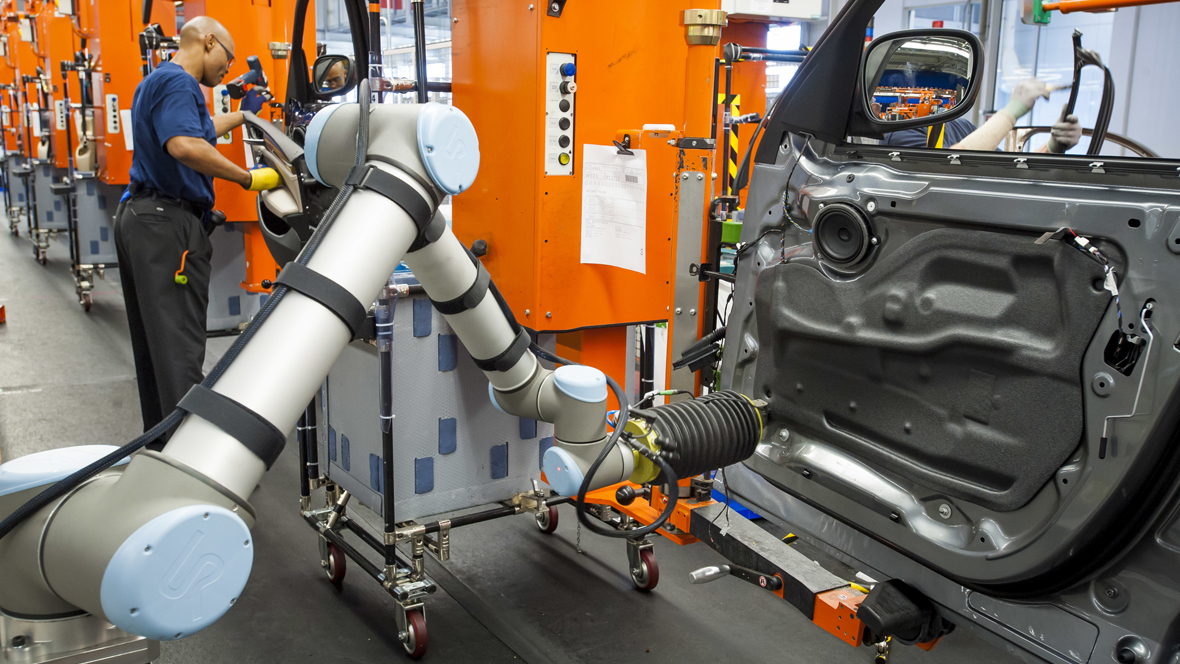The Corona epidemic has devastated almost all of Germany's industries And in this difficult time, Patrick Schwarzkopf would like to thank the thousands of machines that have kept at least some factories operational or ready to resume production soon after the Corona ban.
The head of the robotics and automation department at the German Association of Machine and Plant Manufacturers (VDMA) thinks robots have a natural advantage. And yet the corona virus cannot infect the machine.
Schwarzkopf, however, firmly believes that "human workers will be essential" to the industry for many more years to come.
Although the automation sector has made great strides in recent years, industrial robots still play a human role in the factory. That is, instead of a fully robot-centric factory, work is being done in such a way that robots and humans can work together.
Susanne Biller of the International Federation of Robotics (IFR), however, is optimistic that robot use will increase soon. He thinks that with the lifting of the Corona ban, it will be possible to reduce the use of human workers in shops by using more robots. It will be easy to maintain social distance, as well as reduce human contact with people He even sees the possibility of putting a robot in every second workplace for the time being
Two German companies have set another example of how robots can be helpful in a situation like the Corona epidemic. Together they have been able to build a fully automated production process in a week using robots. And using this process, it is becoming possible to make face mask in Germany quickly
However, there is a long-held belief that increasing the use of robots in industry will reduce human demand And there is a danger that many people will become unemployed While many take the issue for granted as many people are under house arrest in the Corona crisis, opposition to increasing the use of robots in the Corona world may gain momentum again.
